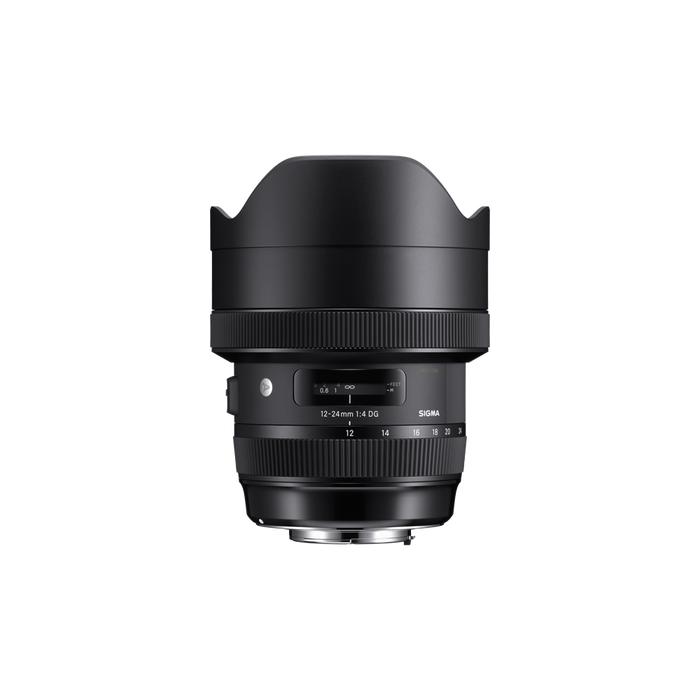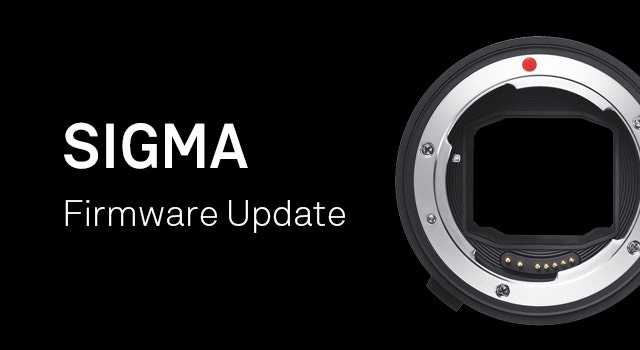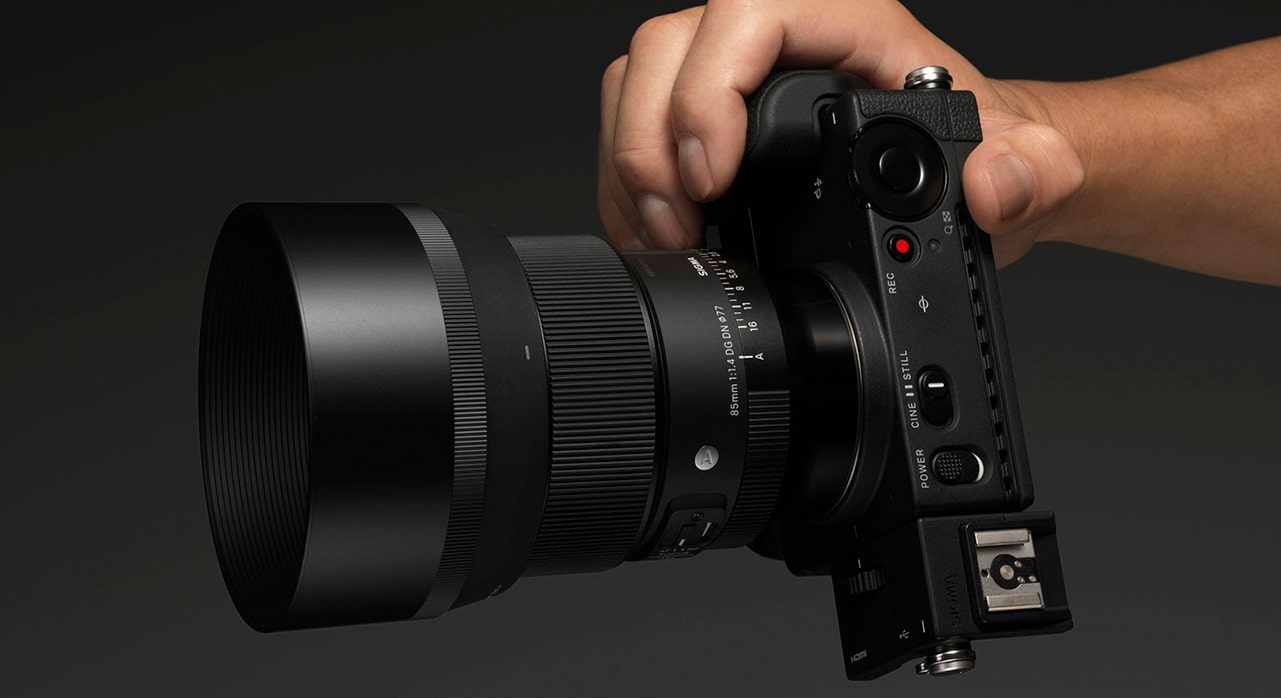12-24mm F4
DG HSM


- F4 brightness throughout the zoom range
- Outstanding image quality from center to edges
- Angle of view even wider than that of human vision
- Minimum focusing distance of only 24cm / 9.4 in.
- Minimal distortion and chromatic aberration
- Exclusive low-dispersion glass
- Super Multi-Layer Coating reduces flare and ghosting
- Water and oil repellent front coating
- HSM (Hyper Sonic Motor) delivers high AF speed
- 9-blade rounded diaphragm
- Made in Japan
| Angle of view | Wide Angle |
|---|---|
| Camera Type | DSLR |
| Lens Mount | Canon EF-mount, Nikon F, Sigma SA |
| Sensor Size | Full Frame |
| Construction | 16 Elements in 11 Groups |
| Angle of view | 122.0° - 84.1° |
| Number of diaphragm blades | 9 (rounded diaphragm) |
| Minimum aperture | F22 |
| Minimum focusing distance | 24 cm* *At 24 mm end of the zoom range |
| Maximum magnification ratio | 1:4.9 |
| Filter diameter | n/a |
| Dimensions (diameter x length) | Canon EF ⌀ 102.0 mm × 131.5 mm
|
| Weight (g) | Canon EF 1,150 g |
| Edition number | A016 |
| Supplied Accessories | Cover Lens Cap LC1020-01, Rear Cap LCR II, Case LS-205L |
| Accessories | Mount Converter MC-11, Mount Converter MC-21, USB-dock UD-01 |
| EAN-code | Canon EF 085126205546 |
| Specifications Info | * All figures calculated by Sigma SA mount. |
Nikon electromagnetic diaphragm mechanism
The Nikon mount version of this lens includes an electromagnetic diaphragm mechanism that allows it to receive the appropriate signals from the camera body. This feature ensures precision diaphragm control and stable Auto Exposure (AE) performance during continuous shooting.
High-precision, rugged brass bayonet mount
The brass mount combines high precision with rugged construction. Its treated surfaces and enhanced strength contribute to the exceptional durability of the lens.
Mount with Dust and Splash Resistant Structure
The lens mount incorporates rubber sealing to protect the mount from dust and water drops.
Water and oil repellent coating
Incorporates a water and oil-repellent coating that allows water to be wiped away easily and prevents oil and fat from sticking to the surface, even in challenging shooting conditions. At the same time, the maintenance of the lens surface becomes easier.
HSM (Hyper Sonic Motor)
The Hyper Sonic Motor (HSM) is an original Sigma development that uses ultrasonic waves to drive the autofocus mechanism. Its extremely quiet operation helps avoid disturbing photographic subjects. High torque and speed assure rapid autofocus response. Sigma uses two types of HSM: ring HSM and micro HSM. The Ring HSM configuration permits manual fine tuning of focus (manual override) by turning the focusing ring after autofocus is complete.
Rounded diaphragm
The polygonal shape of a conventional iris dia phragm causes out-of-focus light points to appear polygonal. A rounded diaphragm is designed to pro duce rounded out-of-focus light points when opened to near maximum aperture. This creates attractive bokeh effects in many situations, such as when pho tographing a subject against an out-of-focus surface of water from which light is being reflected.
Exclusive low-dispersion glass
The degree to which light is refracted by glass depends on the light's wavelength. This fact causes different colors of light to focus at slightly different points. The result is chromatic aberration, the color fringing that is particularly noticeable in telephoto lenses. Most chromatic aberration can be removed by combining a high-refractivity convex lens element with a low-refractivity concave element. Yet residual chromatic aberration known as "secondary spectrum" may still remain. To minimize this secondary spectrum, which can be a serious issue with conventional lenses, Sigma lenses feature up to three types of exclusive low-dispersion glass offering superior performance: ELD (Extraordinary Low Dispersion), SLD (Special Low Dispersion) and FLD ("F" Low Dispersion). In particular, FLD glass offers ultra-low dispersion in combination with high transmittance and the anomalous dispersion characteristics of fluorite. Meticulous deployment of these types of exclusive low-dispersion glass and optimization of power distribution gives Sigma lenses superlative image rendition undiminished by residual chromatic aberration.


